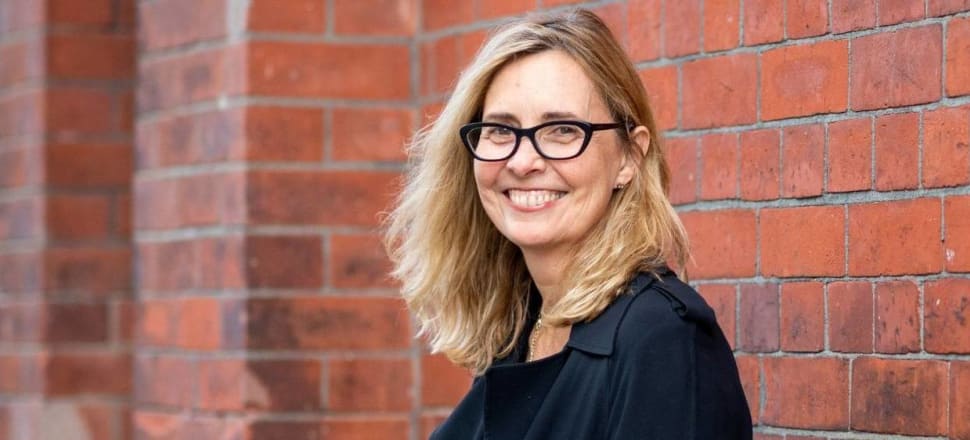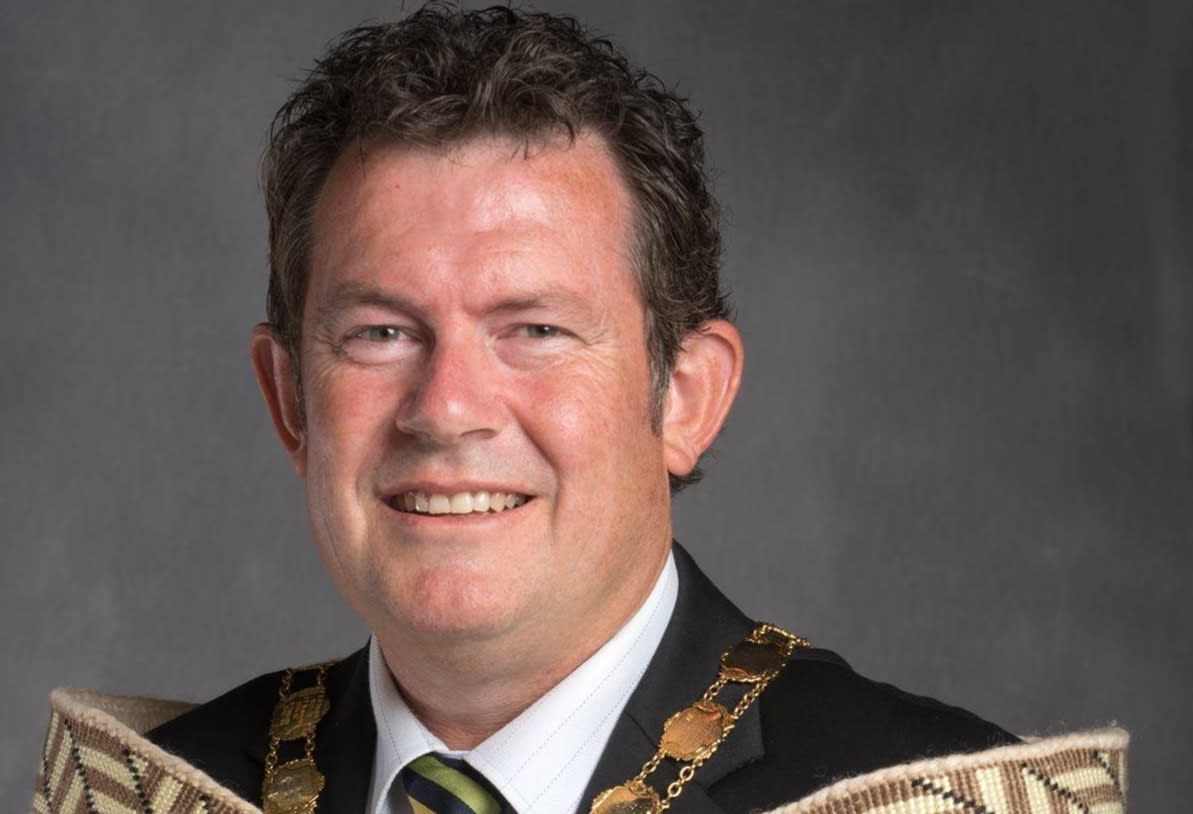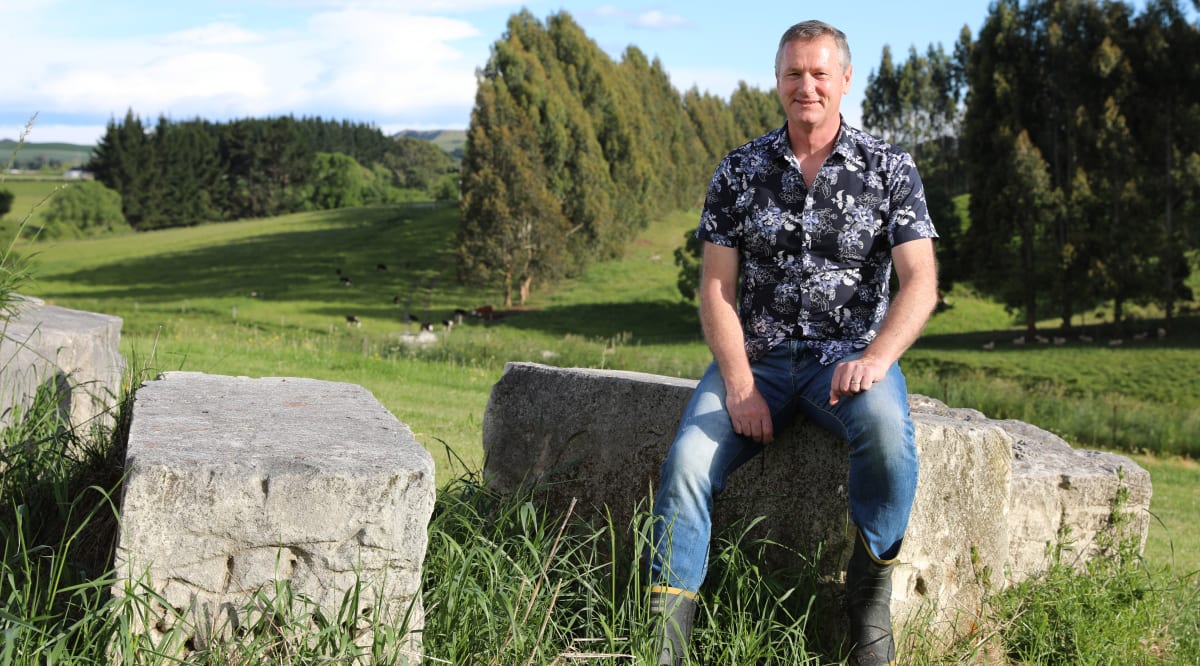
Local Govt NZ seeks cross-party support for 'short, sharp, independent review' of local elections, after the fiasco of record-low turnout and unrepresentative results
The speed and independence of a review into local elections is critical to restore the public’s confidence in institutions, parliamentary leaders have been told. Its independence will provide public assurance that it's genuinely interested in the un-interested.
Local Government NZ president Stuart Crosby and chief executive Susan Freeman-Greene have written to the leadership of the Government and the Opposition, offering to commission the review – and deliver results in time to pass a law to change how the next elections in 2025 are conducted.
The review would investigate the method of voting – which entails questions such as STV or first-past-past-the-post, and lowering the voting age to 16. And it would look into handing responsibility for all local elections – 11 city councils, 50 district councils, six unitary councils, 11 regional councils and assorted licensing and energy trusts – to a single elections agency. That could be the Electoral Commission, which already runs parliamentary elections.
READ MORE: * Govt advised to lower voting age after poor local election turnout * Newsroom survey reveals two faces of local change
Freeman-Greene says Local Government NZ now represents all councils, with the return of the prodigal Timaru District to the fold last month, and it is ready to forcefully push for law changes. "If we were to hear loudly and strongly from our members that this is something that they would want to see, then we would be advocating really strongly for it," she tells Newsroom.
Councils have struggled to persuade New Zealanders to get involved and vote, which is variously blamed on the extraordinary and alienating dominance of older, white men, and the lack of perceived relevance to people's lives. According to a Newsroom snapshot survey, three-fifths of elected councillors are men, and most of those are aged 56-plus.
Local Government NZ met with the minister, Nanaia Mahuta, on November 8, and talks about the review are continuing.
"Parliament reviews the processes around elections every three years, in order to make voting more accessible and encourage participation," a spokesperson for the minister says.
"The Government has undertaken to look more closely at potential for local electoral reform after receiving the final report of the Future for Local Government review; and the independent review of Parliamentary electoral law has been completed."
Dale Ofsoske is managing director of Independent Election Services Ltd, which conducts elections for 21 councils. He says the big issue hampering turnout is relevance – people don’t see that local government matters to their day-to-day lives.
After local elections delivered record-low turnouts and no improvements to diversity, Local Government NZ's new national council faces an existential challenge. 'Local democracy is too important to just let slide," says Freeman-Greene.
It's frustrated by the quiescence of its own members. Newsroom wrote yesterday to all city, district and unitary councils, asking the gender, ethnic and age make-up of their new councils and community boards. Several responded that they didn't collect that data, and had no intention to do so.

Christchurch City Council declined a request under the Local Government Official Information Act in record quick time: "We do not collect this information from elected members so do not hold it," writes Sean Rainey, the council's official information manager. "Therefore we have decided to refuse your request."
Other councils say they will be collecting and analysing how they had performed on more diverse representation. Auckland Council says its first priorities have been swearing in members and setting up all the basic systems, but it will soon be collecting demographic information on its 170 elected members.
Even councils that have collected the information don't necessarily agree there's a need to accelerate demographic change.
"The general antagonism of the past couple of years has been reflected in this election's participation numbers." – Garry Kircher, Waitaki mayor
In Waitaki, mayor Garry Kircher, 59, supports a review of local elections – though he doesn't think lowering the voting age is a silver bullet.
Waitaki's turnout was 50 percent. "For an organisation which has so much impact on people's lives in a daily basis, that is disappointing. For the national average to be even lower is a major concern."
Including the mayor, the 11 members of his small South Island district council, headquartered in Oamaru, range in age from 26 to 75, with one Māori councillor and one Pasifika councillor. Courtney Linwood, 26, Rebecca Ryan, 32, and deputy mayor Hana Melania Halalele, 43, are the only women, and also the youngest members on the most part. The eight men range in age from 34 to 75, creating somewhat of a disparity between young women and old men.

On the community boards, the imbalance is even more pronounced: though there's a four-three gender split, all seven members are Pākehā/European, and all but one are in their 50 or 60s.
That imbalance doesn't worry Kircher. "I am more concerned about whether elected representatives bring good skills and knowledge to the table, though it is preferable to have a good range of diversity of thought and backgrounds too," he says. "Teaching civics in schools might help raise awareness as well as encourage more (and more diverse) candidates and raise voter participation."
He believes the polarisation of matters like Three Waters has scared people away from local politics. "The general antagonism of the past couple of years has been reflected in this election's participation numbers."
"I am worried what the immediate future holds, as the constant change forced upon us at the hands of our central government masters is taking its toll." – Grant Smith, Palmerston North mayor
Palmerston North City mayor Grant Smith says that as a city mayor for eight years, he has seen first-hand the real value of local government – if resourced better, it could really propel New Zealand into a better space. "We are not as broken as many government politicians think and the media portray," he says. "But I am worried what the immediate future holds, as the constant change forced upon us at the hands of our central government masters is taking its toll."
Including him, there are 10 men and six women on Palmerston North's newly-elected city council. They range in age from 20-year-old William Wood to Lew Findlay, in his late 60s. (When asked his age by the Manawatū Standard, Findlay would say only that he was over 60, and countered by asking what age had to do with ability.)
"Palmy is quite diverse and young compared to most councils," Smith says today. "A real mix and reflective of our community. There are three councillors with younger families, and six in their 40s or under."
Smith says the 16-strong council includes two Māori, with Debi Marshall-Lobb being the city's "first wahine deputy mayor". Thirteen councillors associate as New Zealanders, he says, mainly European with from an American background, two English and one Congolese refugee.
So does the predominance of Pākehā men, many aged 45-plus, worry him? "In short, no, because it's changing," Smith replies. "But people like me (who you are referring to) still have something to offer.
"It's a little bit like saying, no one should own or drive Toyotas. There are a few of us, and we are reliable.
"But seriously, it's changing, more so in urban centres. And in the 10 years I have been involved, there has been a huge increase in gender balance, and in the past four to five years much more diversity."
Smith is more concerned about relevance than diversity – he is backing a national review, saying councils must lift their game to become relevant to voters. "Not changing things up and continuing to do things as individual councils has added to the lower turnout. In some ways we have been set up to fail."
He doesn't think councils should beat themselves up about the low election turnout. "I'm not sure we should get too hung up on low numbers. With everything against local government, the numbers and result aren't surprising. Disjointed promotion, no civics education, an antiquated postal system with a long voting period encouraging complacency, no polling day along with a confusing STV voting system – it's no wonder people don't vote, it's simply too hard. So why bother?"
Increasing numbers of councils have moved from first-past-the-post to STV – a change that delivers results that are more representative of how people vote. But because the ranking system is unfamiliar, election officials believe STV has been, initially, off-putting to voters. Councils like Hamilton City, implementing if for the first time this year, have suffered lower turnouts.
Palmerston North was one of the first councils to implement STV, which Smith acknowledges is a fairer system than first-past-the-post. "The only issue was it was so complicated, that no-one really understood the ranking process and how it worked, including my council colleagues. Since implementing it, our percentage of voters has continued downwards over three electoral terms, and a constant comment is not understanding STV. So I would favour one system nationwide, and think first-past-the-post is easier for all to understand and less confusing for voters."
But he disagrees with Dale Ofsoske about councils' perceived irrelevance. "We do so much with so little. The problem is the 'master-servant' relationship that local government has with central government in Wellington. In my opinion, that has only got worse in recent years with no addressing of the funding shortfall.
"We are purposely kept poor with central government even collecting GST on our rates. Along with unfunded mandates pushed down from central government, the numbers simply don't add up. What isn't sold well, is the 'value proposition of local government' ... no-one really knows we provide waters, roading, swimming pools, parks and reserves, libraries, theatres, community centres and many other facilities, along with many operational programmes for numerous sectors.
"Covid proved our value somewhat when local councils were the boots on the ground, providing many essential services and connecting with their local communities. That was local councils doing this, not central government."
Review terms to include:
1. The method of voting, and other options, with reference to the degree that they:
a. facilitate the participation of a range of communities, such as Māori, young people, people living in lower socio-economic circumstances and areas, Pacific communities and disabled people, and all eligible voters equally, and
b. promote enduring confidence in local democracy.
2. The promotion of local elections, including:
a. whether a single agency should be responsible for the promotion of local elections and national campaigns and, if so, the nature of that agency, and
b. whether a single agency should be responsible for providing guidance and advice on the running and operation of local elections, and if so, the nature of that agency.
3. Electoral systems and processes, including:
a. the process for exercising choice of electoral systems and public engagement in that process, and
b. the operation of the electoral system, including the ease of casting special votes; voting while overseas; donations and expenses; nominations, and the greater use of new technology or systems.







